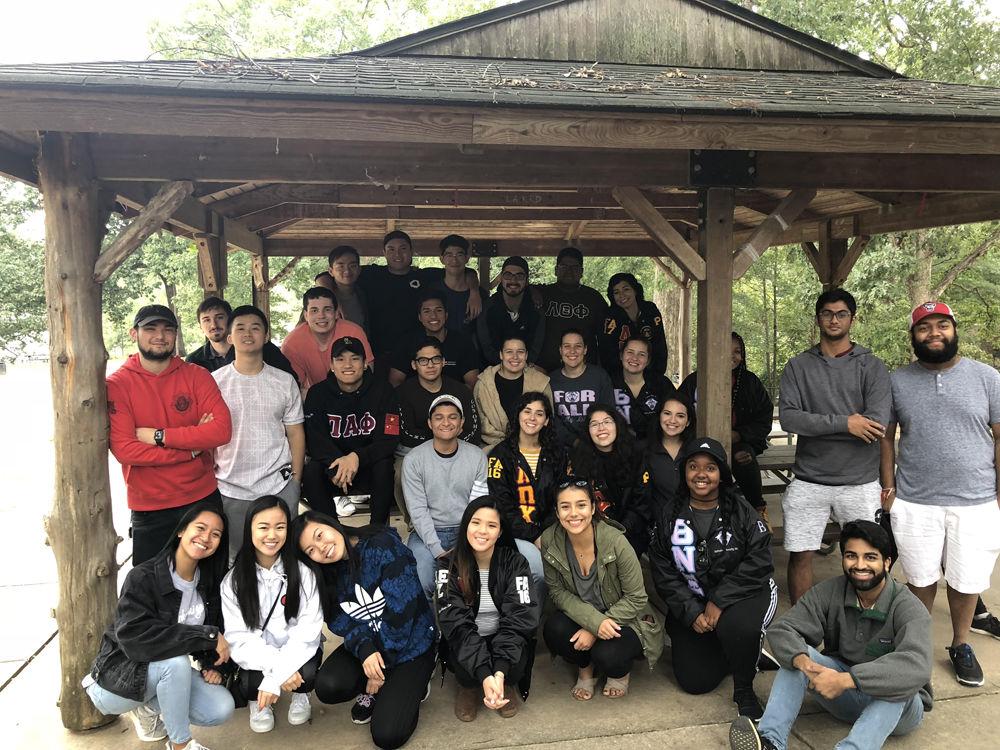Fraternity and Sorority Life (FSL) is among the biggest communities on NC State’s campus, encompassing over two dozen fraternities and sororities. These organizations aim to serve as a close group of friends for members, but also work to educate students and give back to the community through service.
Aditya Kollengreth, a fourth-year in business administration and economics, is the president of the Multicultural Greek Council (MGC), an organization that governs culturally-focused sororities and fraternities.
Kollengreth said that because of their very brotherly or sisterly natures, these Greek communities can act as a strong support system for students involved in them.
“You can rely on each other, you can go to each other for advice,” Kollengreth said. “It’s like a brotherhood or sisterhood away from home. You can support each other in academics and your professional or personal goals.”
Beyond this community-oriented aspect, FSL primarily focuses on giving back to the community through service work, according to Kollengreth.
“We host events for say, domestic violence [awareness], working with Habitat for Humanity, working with the food pantry and stuff like that,” Kollengreth said. “Responding to disaster relief; I know a few individuals [who] went to the Outer Banks and the east coast when Hurricane Florence hit.”
The FSL community usually runs one large event each semester that involves every individual chapter, Kollengreth explained.
“This past fall, we had a huge event where we partnered with Activate Good for their 9/11 day of service, and basically every fraternity and sorority was there,” Kollengreth said. “We made it mandatory for at least 40 or 50 percent of each chapter to be there.”
Kollengreth said that education is a huge part of FSL. Whether it be educating members on social issues or teaching others, fraternities and sororities constantly push to be involved.
“We’re constantly promoting financial literacy,” Kollengreth said. “My fraternity specifically, we host every once in a while a college info session, where we talk to local families and their children who are high school or middle school age and help them get an understanding.”
He also spoke about his own experiences with education outreach efforts.
“A lot of Indian parents that I know have come from India themselves, so they haven’t been through the American school system,” Kollengreth said. “We try and help them get an understanding of prospective college students. Just helping out in little ways, unique ways.”
Kollengreth also discussed MGC’s efforts in education, where the organization holds events intended to spread awareness of cultural issues minority groups face.
“One of the things that we’ve done in the past includes ‘[We’re a] Culture, Not a Costume,’” Kollengreth said. “So that event specifically was people putting on their ethnic attire, explaining the significance behind what each part of the outfit stands for, maybe why it’s wrong if you’re not in that culture and about appreciating the significance of it.”
Further information about FSL, such as individual fraternities and sororities, can be found online.








